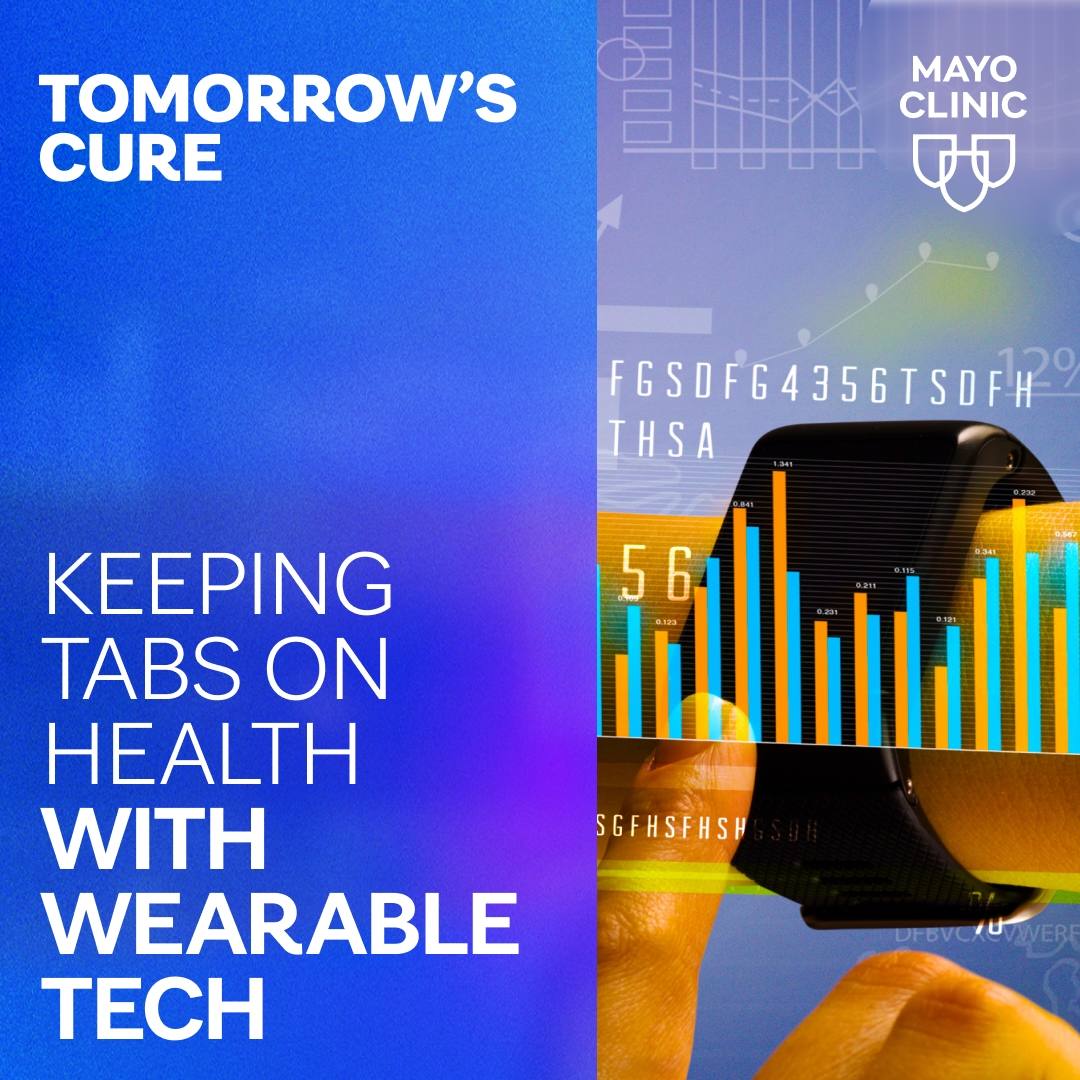
As an Alzheimer's caregiver, you might be your loved one's most powerful voice. Make decisions that ensure dignity and comfort for your loved one.
"I feel that I have been saying goodbye slowly for 10 or more years. I feel more detached from him emotionally all the time while at the same time feel so sad watching him disappear. It is a struggle and it seems that no one else really understands. How are some other caregivers who are losing the love of their life coping?" - Mayo Clinic Connect member
In the early stages of Alzheimer's disease, caregivers often focus on keeping loved ones safe and comfortable. As the disease progresses, however, you might face difficult end-of-life questions. When is it time to choose comfort care over lifesaving care for your loved one? When does medical care merely prolong a person's dying? Here's help considering these and other end-of-life questions.
Create advance directives
Advance directives are written instructions regarding your loved one's preferences for medical care at the end of life. Ideally, discuss these preferences in the early stages of the disease with your loved one. Later, make sure copies of advance directives are included in your loved one's medical charts. This is important if your loved one moves to a nursing home or other facility for long-term care or needs care in a hospital or emergency room. The advance directives will help the staff know what is — and isn't — to be done in medical emergencies.
Focus on comfort, not life extension
As Alzheimer's progresses, your loved one might not be able to communicate that he or she is in pain. Look for clues, such as a sudden increase in disruptive behavior or trouble sleeping. Physical signs might include sores, swelling, and feverish or pale skin. Speak to the medical team about adjusting your loved one's treatment plan to ensure his or her comfort.
Eventually, you might need to weigh your loved one's comfort against the benefits of prolonged life. In some cases, efforts to prolong life — such as dialysis, tube feeding and antibiotics to treat bacterial infections — might result in unnecessary suffering for people who could otherwise reach the end of life in relative comfort and peace.
Consider hospice or palliative care
Hospice care focuses on pain management and comfort care at the end of life. Hospice care is typically reserved for people who have less than six months to live. Because this time frame can be difficult to predict in end-stage Alzheimer's, hospice care is generally considered appropriate when a person who has end-stage Alzheimer's:
- Has lost the ability to communicate
- Can no longer walk
- Is experiencing urinary and fecal incontinence
- Has at least one dementia-related medical complication, such as aspiration pneumonia, infection or weight loss
Hospice care can be provided anywhere, including a nursing home. If your loved one lives longer than six months after starting hospice care, the benefit can be extended. Likewise, you can choose to stop hospice care at any time.
Palliative care — which aims to improve quality of life for people who have advanced illnesses — also might be appropriate. Unlike hospice care, palliative care is available at any time during a serious or life-threatening illness. It's offered in conjunction with other medical treatment and is meant to help ease symptoms, relieve pain, address spiritual and psychological concerns, and maintain dignity and comfort.
Connect through the senses
Even if your loved one doesn't recognize you or can't communicate verbally, you can still show reassurance and love. To maintain a connection, use your loved one's senses:
- Touch. Hold your loved one's hand. Brush his or her hair. Gently massage your loved one's hands, legs or feet.
- Smell. The scent of a favorite perfume, flower or food might be comforting.
- Sight. Show your loved one a video with scenes of nature and soft, calming sounds. Or take him or her to look at a garden or watch the birds.
- Hearing. Read aloud, even if your loved one can't understand the words. The tone and rhythm of your voice might be soothing.
Dying with dignity
Helping someone who has Alzheimer's through the last years of life is a difficult journey. As the disease progresses, you'll make more decisions for your loved one. Among the most profound are decisions that ensure respect, dignity and physical comfort until the end of life.
This article is written by Mayo Clinic staff. Find more health and medical information on mayoclinic.org.
Connect with a caregiver support network on Mayo Clinic Connect:
- Ambiguous Loss
- The grieving process
- Alzheimer's and DNR
- Triggers for caregivers
- When the Caregiver Needs Care







